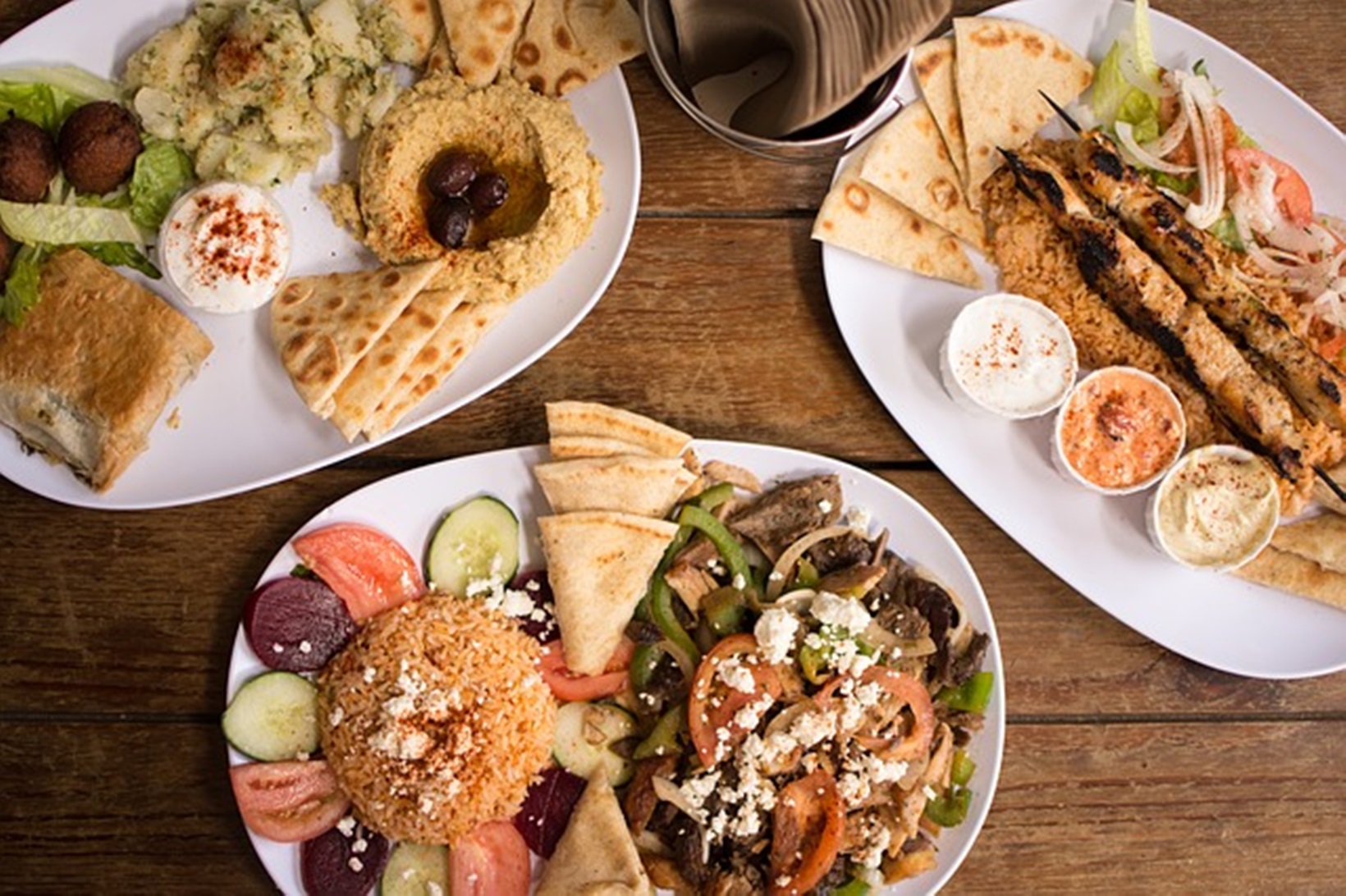In Sydney, we are fortunate to have cuisines from around the world available in our city. While all are delicious, some are not as healthy as others. With an increasingly, health-conscious society, many restaurants have chosen the route of providing healthy alternatives. However, which cuisine is authentically healthy? Lebanese food is well-known for being delicious but, is it healthy? Yes, it is!
One of the advantages of Lebanese food, besides its health benefits, is the varied ingredients incorporated into each meal. From briny olives to creamy yogurt and smoky grilled meats, it’s hard not to get bored when you’re on a Lebanese diet. This element of Lebanese cuisine was brought about by the rise of different powers through Lebanon’s history. Whenever power changed, new ingredients were brought into the country. The history of Lebanon has culminated in the diverse cuisine that we enjoy today.
Let’s take a look at what makes Lebanese food the healthiest in Sydney.
Fresh Middle-Eastern salads
Lebanese cuisine incorporates many fresh ingredients. Fresh herbs, vegetables and fruits are incorporated into popular Lebanese salads like fattoush, tabbouleh and malfouf (cabbage salad). They are commonly dressed with lemon juice, olive oil and garlic–nutritional ingredients with little calories. Fresh herbs are also used as the base for many salads. For example, tabbouleh is made up mostly of parsley and mint, herbs that are not used in the same quantity as other cuisines. The incorporation of uncooked fruits, herbs and vegetables means that many Lebanese dishes are nutrient-rich, as cooking often removes nutrients.
The traditional pairing of pickles
Mouneh or, Lebanese pickles are an important part of Lebanese cuisine. Often making an appearance at a mezze table or in wraps, mouneh can consist of turnips, shallots, Persian cucumbers and carrots. While vegetables are healthy, the benefit comes from the pickling process. Pickles are made by sitting in a salt-water brine for many days. During this time they undergo fermentation and healthy bacteria is created. This good bacteria has been linked to increased cardiovascular and gut health. Fermented foods may also help blood sugar spikes, a benefit for diabetic persons. The practice of pickling also preserves the nutritional benefits of the vegetables which can be broken when cooked.
Mediterranean ingredients
The Lebanese cuisine is similar to the Mediterranean diet in that they both use a lot of fruits, vegetables, herbs, nuts, legumes and whole grains. Both also specifically use olive oil over butter and have little use for milk and cream in their meals (milk, cream and butter are usually used for desserts only).
Like the Mediterranean diet, Lebanese food is rich in slow-releasing fibre, healthy fats and nutrient-dense foods, ingredients that lead to a lower risk of heart disease and metabolic syndrome, improved vessel function and maintenance of a healthy weight.
Spices, not sauces
Lebanese food is known for adding spices like sumac, za’atar and Aleppo pepper. You should note that because many of their dishes are beautifully spiced, sauces do not accompany meals. This is a health benefit on its own because sauces carry calories, sugar and sodium—culprits of cardiovascular disease. Fresh za’atar which is probably one of the most used and popular spices in Lebanon consists of sumac, dried thyme, oregano, marjoram, sesame seeds and salt. These spices have been linked to improvements in immunity, skin health, energy levels, circulation and inflammation.
So, even though you won’t find many sauces at a Lebanese restaurant, you won’t be short on flavour or health benefits.
Low-starch
Unlike many western diets, Lebanese food is traditionally low in starch side dishes like potatoes, pasta and bread. Though there are a few potato dishes present in the cuisines, you are much more likely to find whole grains like bulgur wheat or lentils, cauliflower, chickpeas and white beans. Foul, loubieh falafel, baba ghannouj, muhammara and mutabal are just a few Lebanese dishes that are filling but contain little to no starch.
But, why are starches bad for you? Well, to start, they contain more carbohydrates and calories than vegetables and fruit. Many modern starches available today are also full of refined sugars and hardly contain fibre and nutrients. You don’t have to avoid starches entirely however, diets high in them could lead to diabetes, heart disease and weight gain. With vegetables, legumes and whole grains making up the bulk of meals, it’s not much of a wonder why Lebanese food is so healthy.
If you’re on the search for some of the healthiest food in Sydney then, search no more, a Lebanese restaurant is where you’re meant to be. With their use of herbs, vegetables, fruits, nuts and legumes, Lebanese cuisine is giving healthy food a whole new meaning.
Zahli Modern Middle Eastern is shining the light on delightful Lebanese cuisine. Serving only the best Lebanese food made with authentic and fresh ingredients that showcase the culture, tradition and history of Lebanon. Reserve your table today.
















